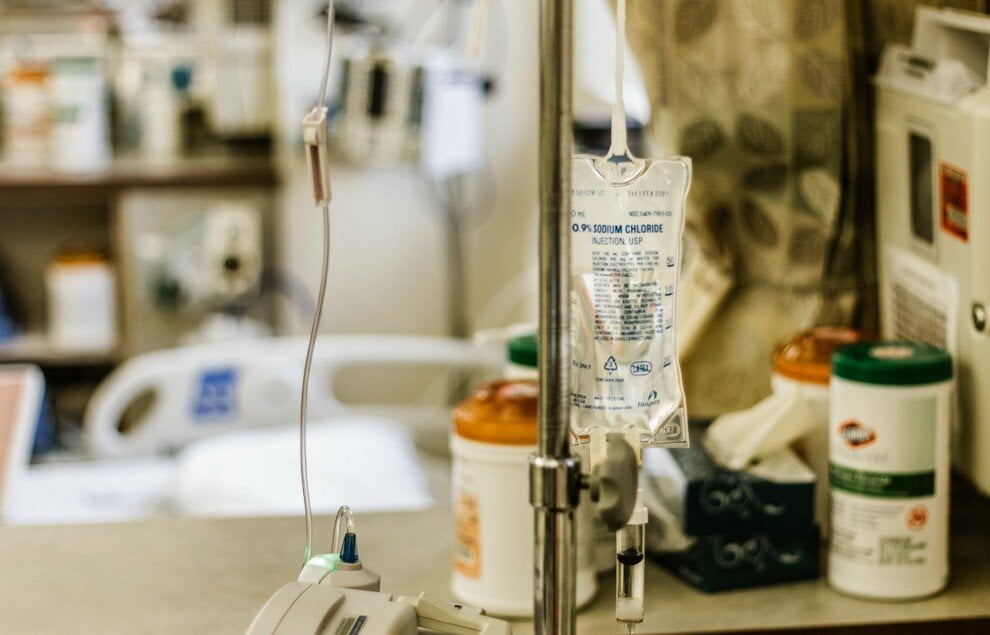It’s devastating when a loved one is diagnosed with an illness that can’t be cured or adequately treated. Sadly, it’s a reality that many will face, especially those diagnosed with cancer. According to the American Cancer Society, over 608,000 people will die from cancer in 2021. Every individual experiences terminal illness in a unique way. Some may undergo treatment for a period of time while others may pass away shortly after being diagnosed.
As hard as it may be, looking for ways to cope with terminal illness is one of the best courses of action. You should also be aware of risk factors related to the illness and how you can overcome any challenges you may face. Here’s some advice for family members who are dealing with a terminal diagnosis.
Take Care of Yourself
When you find out your family member has a terminal diagnosis, it’s easy to become consumed by the surrounding events. However, if you want to help them, it’s important that you first look after yourself. The journey to the end of a terminal diagnosis can be a long one, so you need all of the physical, mental, and emotional strength you can muster.
Self-care can be as simple as eating healthy meals and going for walks. However, it can also be a bit more comprehensive. If you can swing it, it would be wise to speak to a therapist or join a support group. The health professionals in your life can also help you develop a wellness toolbox to address any mental health concerns. Most importantly, ask for help on the days you need it. If you don’t look after yourself, you could end up too exhausted to give your loved one the care they require.
Be Aware of Risk Factors
Depending on the diagnosis and your relation to your loved one, you may also be at risk of developing a terminal illness. For this reason, you should also get checked. This is especially true in the case of cancer as you could be genetically predisposed if you inherited specific genetic variations from your parents. The best way to ensure you aren’t at risk is to get regular screenings.
Join Forces with Healthcare Professionals
To get through a terminal illness, it’s important that family members work closely with healthcare providers. Doing so can help you overcome any challenges that arise due to the illness. One of the first things doctors will do is to determine what stage the illness is in. When it comes to cancer, it can be grouped into five main categories. The stage of cancer your loved one is in will determine their treatment plan.
Once a treatment plan has been established, ask healthcare providers to share their strategies with you. That way, you’re informed about all aspects of your loved one’s treatment and know where you can step in and help.
When you get to the point of making financial-related decisions about end of life care, you may need to look for a financial planner who can assist you. The planner should make sure your loved one has access to financial resources that help cover the cost of cancer treatments and medical surgeries.
Optimize End-of-life Planning
When a patient has reached the final stages of their illness and is receiving palliative care, it’s time to begin end-of-life planning. This entails a number of decisions that have to be made relating to medical expenses, wills, guarantors and much more.
Your loved one will need to elect someone who can make medical decisions for them when they can’t speak for themselves. The person chosen should be capable of fulfilling their wishes and have the courage to do so. Other conversations should include whether they want spiritual care and where they would like to spend their last days.
They could, for instance, decide they want to spend them in the comfort of their home surrounded by family and friends. There are 1.6 million people receiving hospice care, and 66% of those do so in their own homes. If your loved one opted for hospice care, they would receive treatment where medical professionals, volunteers, and spiritual leaders come together to provide pain management.
Once you’ve completed end-of-life planning, go over it with your loved one and be sure the directives are clear. This will help prevent family feuds, frustration, and confusion on what to do once they pass away.
Conclusion
There’s no easy way to deal with someone you hold dear having a terminal diagnosis. Although knowing that one day they won’t be with you anymore can be heartbreaking, it’s important to make the time you do have together count. Just be sure that while you’re looking after your loved one, you’re taking time to look after yourself too.







